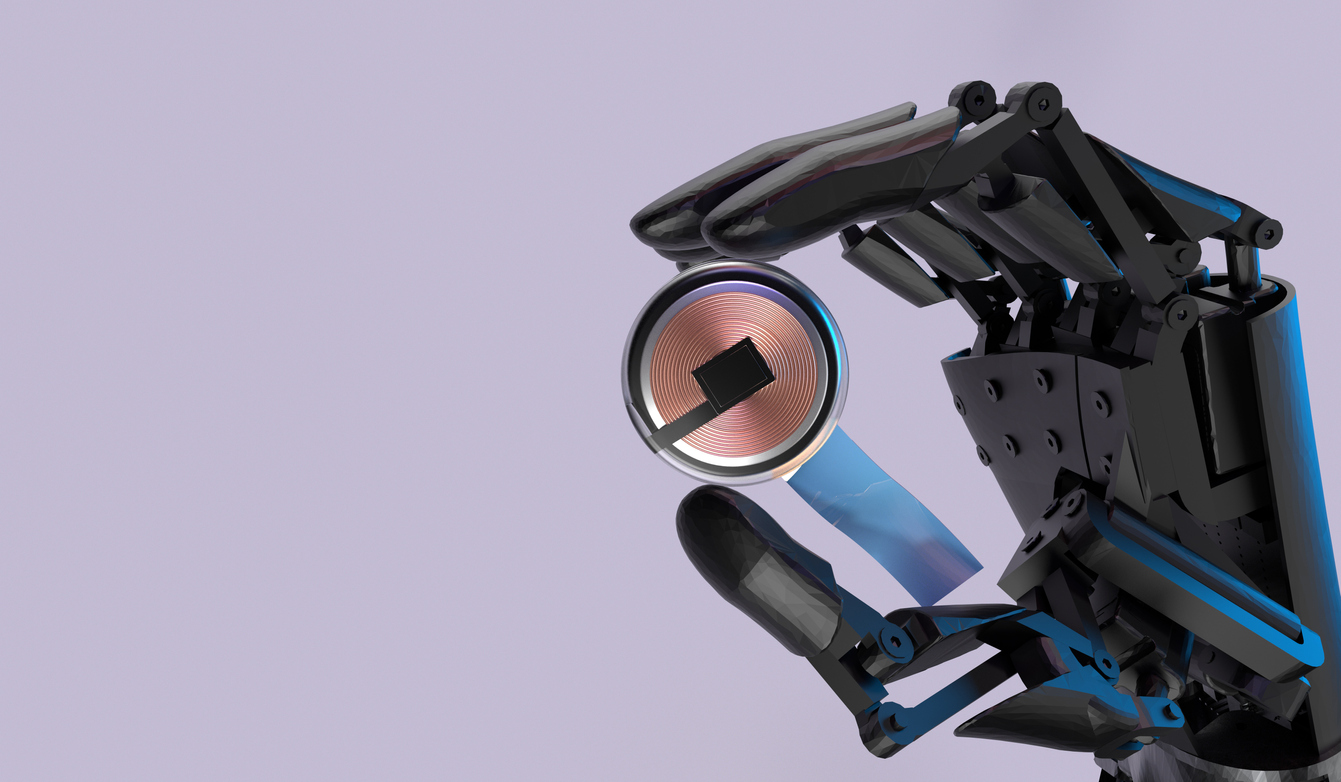
Neuralink, Elon Musk’s brain-tech company, is starting a new trial to see if its brain chip can control robotic arms. The study, called “CONVOY,” will use the company’s N1 implant to help people with severe paralysis perform physical tasks independently.
The N1 chip works by reading signals from the brain and turning them into Bluetooth commands that control devices. It has already been implanted in two people. One of them, 29-year-old Noland Arbaugh, used the chip to move a computer cursor, play hands-free chess, and even race in Mario Kart. A second patient received the implant in August, and Neuralink now plans to use the technology for tasks like controlling wheelchairs and robotic arms.
The new trial aims to restore physical freedom for people who have lost control of their limbs, like those with quadriplegia. Neuralink says this is a big step toward helping people regain independence. Participants in Neuralink’s earlier PRIME study, which focuses on using the chip to control devices, can also join this new trial. Recently, Neuralink expanded the PRIME study from the U.S. to Canada.
To improve its implants, Neuralink has adjusted how deeply the chip’s threads are placed in the brain. After earlier issues with the device, the company decided to insert the threads deeper—eight millimeters instead of three to five millimeters—into the motor cortex. This change is designed to make the device more stable and effective.
While Neuralink hasn’t shared exact details about when or where the CONVOY trial will take place, the company’s goals are clear: to make assistive technology that helps people with disabilities regain control over their lives.
Featured Image courtesy of Just_Super/Getty Images
Follow us for more tech news updates.
